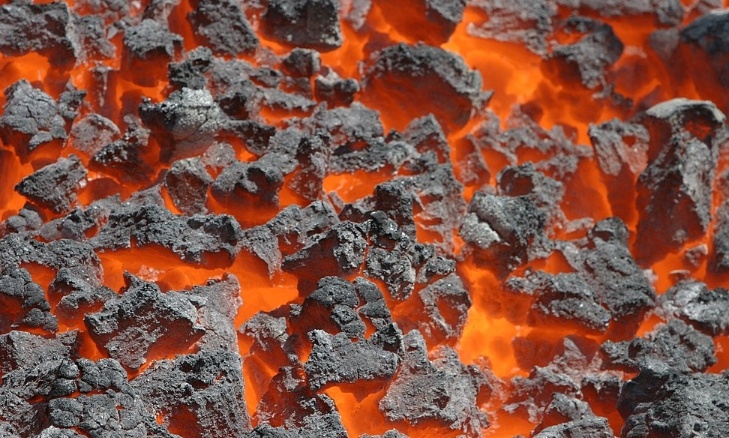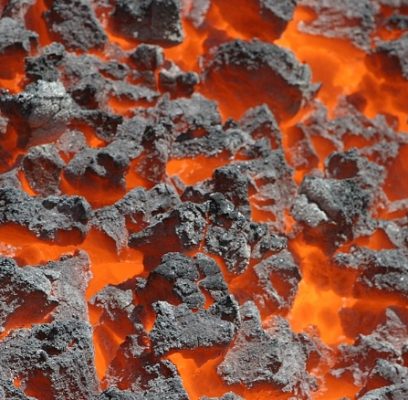Exports of Australian hard coking coal in January-September this year amounted to 79 million tons, which is 6% less than a year earlier. Exports of PCI and semi-soft coking coal amounted to 39 million tons, down 6% from last year. Australian exports of coking coal may decline for the fourth year in a row.
Restocking demand, the weather in Australia and a recovery in global steel demand are likely to impact prices for offshore coking coal in the Asia-Pacific region in the coming weeks after the spot market fell below $250/tonne on ex-Franco terms in November. board in Australia.
The price of premium low volatility hard coking coal in Australia fell more than $64/t, or 21%, month-to-date to $247.45/t (FOB) on 30 November. The drop was caused by factors similar to those observed in July, when the index fell $105 per ton, or 35% in a month.
Demand fell sharply last month as steel mills cut production due to low margins. Spot availability has also improved with more end users reselling their long-term cargo.
The drop in supply levels on the Globalcoal screen also heightened buyers’ expectations for further price cuts. Most end users didn’t want to take the risk of buying spot cargo because they had enough inventory. Weak demand was also underscored by offers of pulverized coal injection (PCI) from end-users in the spot market.
The only place with a growing demand for steel is India. The construction and automotive sectors are doing well, but this alone cannot change the entire market dynamics. We will need the support of China and Europe. However, market fundamentals in India were not as strong as expected, despite the improvement in sentiment after the removal of export duties on steel products.

